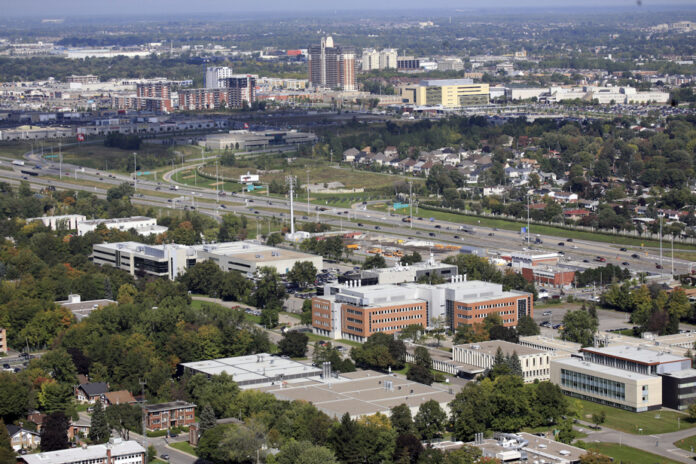A few milligrams of environmental news.
Ville de Laval estimates the emissions of some 13,000 oil-fired systems on its territory at 42,614 tonnes of greenhouse gases, which corresponds to the average annual emissions of 12,175 cars.
Ville de Laval will tax oil heating systems to reduce greenhouse gas emissions from buildings. Initially $50 per year, the tax will increase to $100 in 2024. Dual-energy systems running partially on oil will be subject to a tax of $50 as of 2024. The measure comes after the subsidy for the replacement of these systems is increased from $1,000 to $2,000 this year. Laval will also tax the paved surfaces of 129 downtown commercial or industrial lots to encourage them to green their landscaping.
The Canadian Water and Wastewater Association (CWWA) plans to adopt a national standard for “flushable wipes” to counter their “negative impacts”. Without supervision, products cause equipment failures costing Canadian municipalities $250 million annually, according to a study by the University of Toronto, the organization recalls. CWWA intends to use the guidelines of the International Wastewater Services Group, which notably provides for disintegration requirements and the obligation for a product that does not meet them to be marked “do not flush”.
The second Montreal Climate Summit will be held Tuesday and Wednesday at the Port of Montreal’s Grand Quay. The event will notably present conferences on the energy transition in companies, the just transition for workers, the decarbonization of buildings, or the transformation of large parking areas, in order to “identify concrete, realistic and rapid courses of action up to the climate challenges of the metropolis”. Announcements and commitments “to accelerate climate action and strengthen Montreal’s resilience without delay” are also expected, promise the organizers.
New York State last week passed a complete ban on gas and other fossil fuel stoves and heaters in all new buildings, a first in the United States. The measure should apply by 2026 in small residential and office buildings of less than seven floors, and by 2029 for the highest towers. Two recent scientific studies, which have been debated, have pinpointed gas cooking as responsible for more than 12% of childhood asthma cases in the United States and the European Union.


















